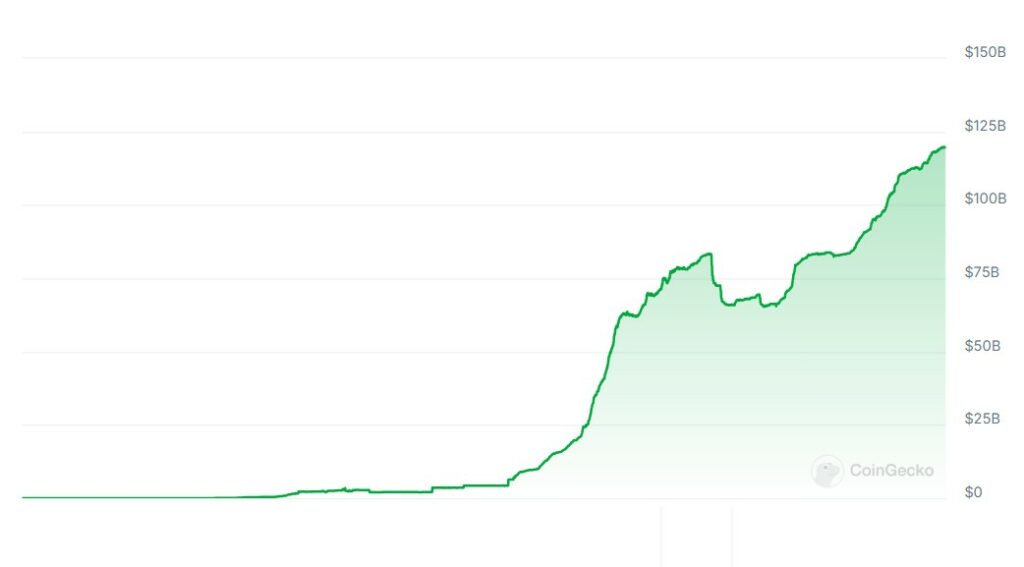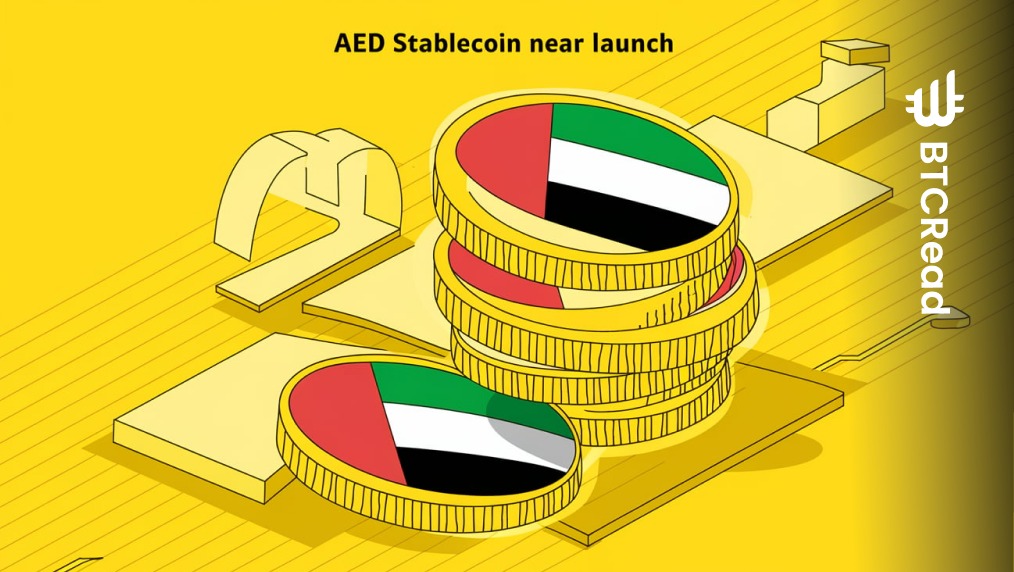The Central Bank of the UAE has given initial approval to AED Stablecoin under its Payment Token Service Regulation, according to a company press release. With this early license approval, AED Stablecoin is now leading the charge to become the first regulated dirham-backed stablecoin in the country.
This development eases concerns about possible restrictions on crypto payments after the CBUAE released its new licensing rules, which banned crypto payments unless they involve licensed tokens tied to the dirham. If fully approved, AED Stablecoin’s AE Coin could become a local trading pair for crypto on exchanges and decentralized platforms, allowing merchants to accept it for goods and services.
UAE central bank’s strict rules on stablecoins
The central bank’s licensing rules ban algorithmic stablecoins and privacy tokens and favor stablecoins backed entirely by cash. Issuers must fully back their stablecoins with cash in a separate escrow account, all in dirhams at a UAE bank. Alternatively, they can hold at least 50% of their reserves in cash, with the rest invested in UAE government bonds and central bank monetary bills, with an average maturity of up to six months.
The AED stablecoin will likely face competition from Tether, the company behind USDT, the world’s largest stablecoin by market value. Tether recently revealed a partnership with local companies Phoenix Group and Green Acorn Investments to launch its own stablecoin tied to the UAE dirham. Meanwhile, the UAE’s welcoming approach to crypto regulation has been drawing in big industry names.

After securing a full license, OKX recently introduced a new trading platform in the UAE that caters to individual traders and institutions. This platform also supports derivatives trading for qualified institutional investors. Additionally, crypto exchange M2 has launched a service that lets UAE residents directly convert dirhams into Bitcoin and Ethereum.
Related | Telegram strengthens ties with Kazakhstan, opens local office







